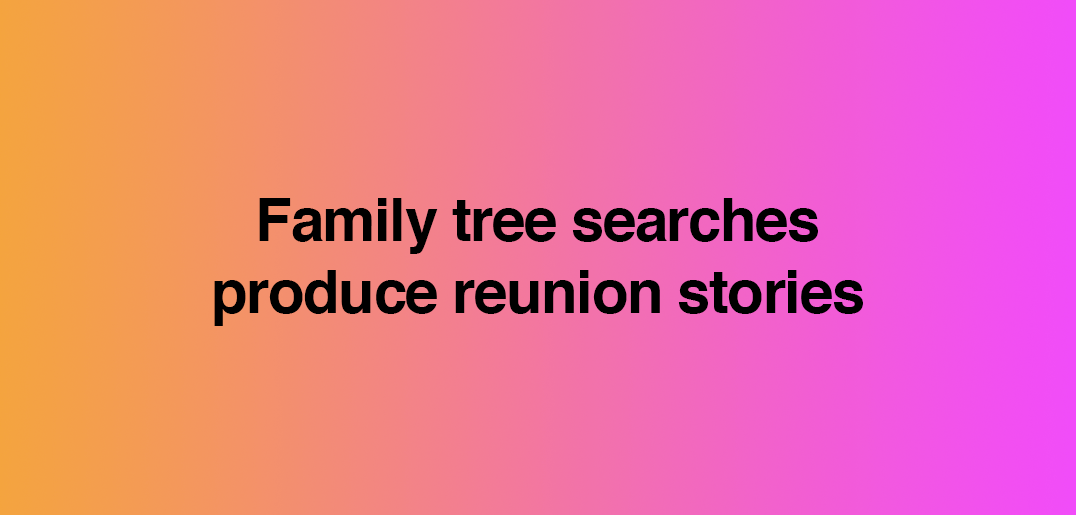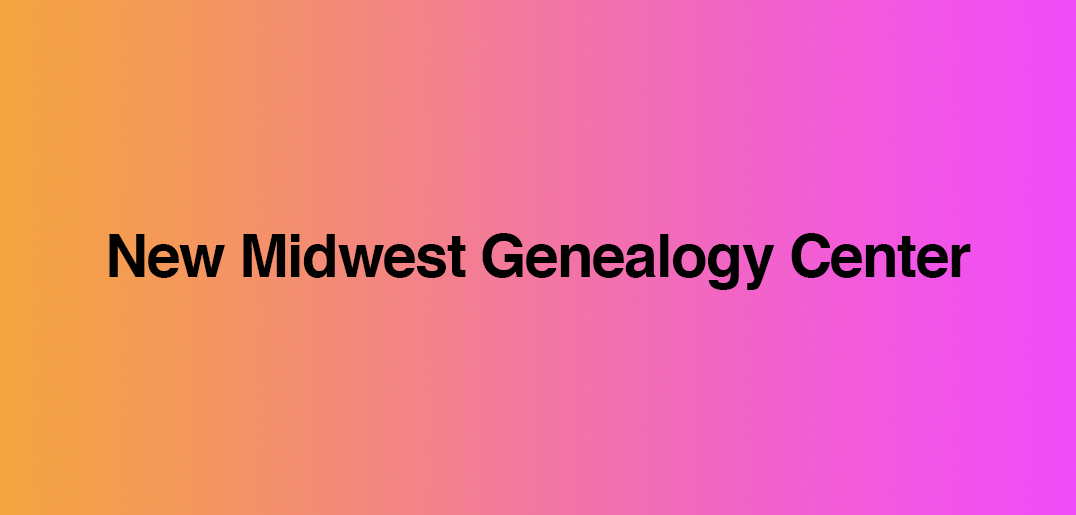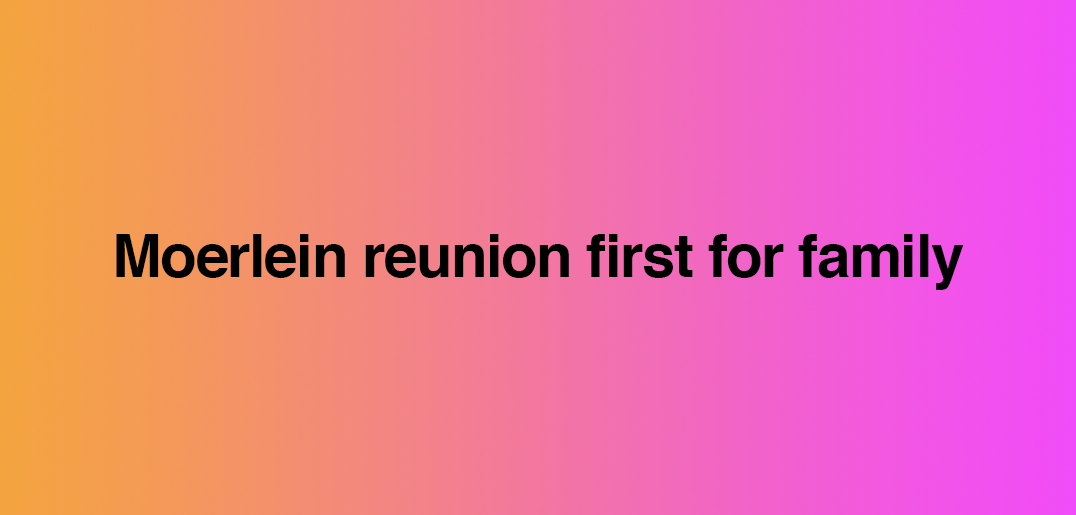The president of Philadelphia’s African-American Genealogical Group, John T. Logan, still returns to central Kentucky to search family tree branches.
Logan, 51, was born near Muncie, Indiana, but from the age of just a few months he grew up on a farm in Garrard County, Kentucky, where his mother’s family lived.
“I think there have been changes among black people toward their family histories,” Logan said. “Alex Haley made a major impact on black people, if not on the world” with his novel Roots. “He displaced some myths about black people having no history in this country by proving he could research and find his history.”
Inspired by Haley’s work, Logan began searching for lost chapters of his family’s history. It proved difficult, but he has traced his maternal line back six generations. His family database now contains more than 5,000 names associated with the Logans, Rays and Kennedys of Garrard and surrounding Kentucky counties.
Logan’s paternal grandparents died before he was born and his maternal grandfather, who died when Logan was 10, was orphaned at about age 6, having lost his father, mother and older sister during an early 1890s epidemic. Little family history was saved.Logan’s discoveries are seeds for family history tales he tells at his reunions. His great-grandfather, Mason Logan, was a member of the 6th US Colored Cavalry at Camp Nelson, Kentucky, and was buried in a country church graveyard in Buckeye community, Garrard County. “I found his military headstone one evening while visiting and doing research, but have been unable to find out any more beyond his Civil War records and his birth date.”
Logan learned many of his mother’s ancestors were slaves on the infamous Kennedy Plantation near Paint Lick in Garrard County, which many historians believe was the setting for Harriett Beecher Stowe’s powerful antislavery novel, Uncle Tom’s Cabin.
“The difference in African-American genealogy many times is we have to parallel our research to the slave owner,” Logan explained. “We have to know their genealogy almost as well as our own, because through their travels, ownership, transactions, wills, farms they owned and where their family came from, we may discover more information about ourselves.”
Contact John T. Logan or the African-American Genealogical Group of Philadelphia, at [email protected].
Taken from a column by Byron Crawford, Courier Journal, Louisville KY.
MyHeritage has emerged as the best service for getting international DNA Matches with relatives around the world. Thanks to their extensive global database they are able to facilitate international family reunions in a way that is far ahead of others in the industry. Read more.





